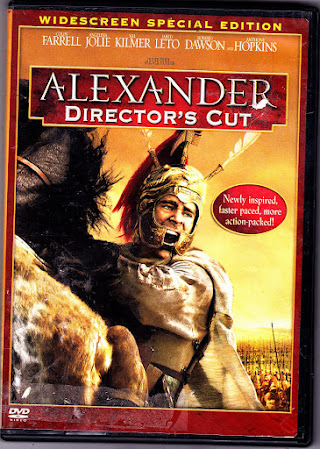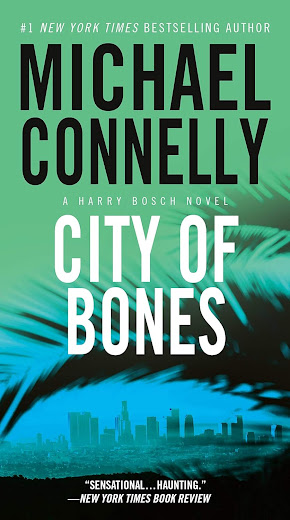The Confessions of Nat Turner by William Styron

The controversial winner of the 1968 Pulitzer Prize for fiction Here we are, decades years later and The Confessions of Nat Turner is still in the news. Recently, Henry Louis Gates, Jr made comments (positive ones, now. Originally negative impressions, years ago) about the book. The primary controversy is quite simple - how can a white man, a southerner, and the descendant of slave owners write a novel about one of the few slaves who actually stood up and demanded his freedom by leading a rebellion? Some have even asserted that he did not even have the right to write the book in the first place - after all, it is not HIS history. But, is Nat Turner to be forever held apart? Is African-American history to be held apart? Can an African-American write about the Japanese Shogunate? Can an Asian-American write about the Alamo? Of course and of course. Gates makes this point in his comments (correctly). History is human history. Nat Turner (1800-1831) Styron's fictionalized...





